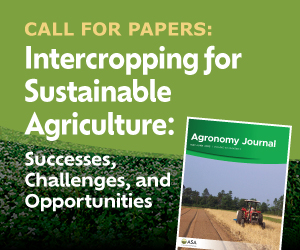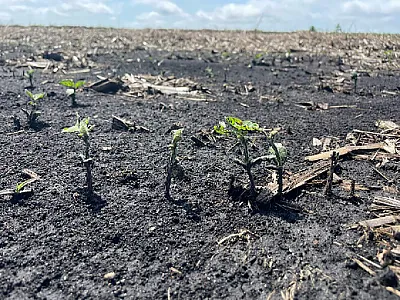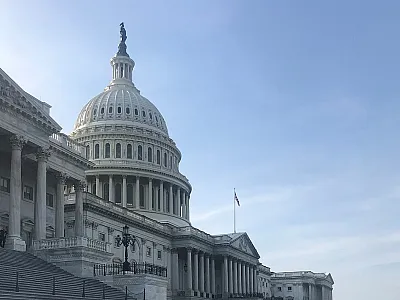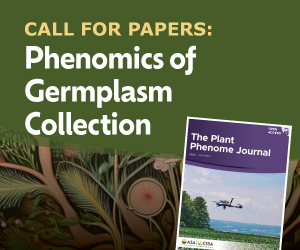Precision turfgrass management
Listen to the latest podcast episode
Golf courses are well known for their beautiful greens, but overusing fertilizer and water to keep them looking pristine can lead to inefficient, expensive, and environmentally damaging waste. Precision turfgrass management can help, but only if we can find the right methods to put it into use. In this episode of the Field, Lab, Earth podcast, Briana Wyatt and Dallas Williams discuss their research on how electrical conductivity can be used to help determine golf course needs. CEUs available (see below).
Dig deeper
Dallas M. Williams, Chase M. Straw, A. Peyton Smith, Kathryn L. Watkins, Sarah G. Hong, Weston F. Floyd, Briana M. Wyatt. Using electromagnetic induction to inform precision turfgrass management strategies in sand-capped golf course fairways. Agrosystems, Geosciences & Environment, 7, e70020. https://doi.org/10.1002/agg2.70020
Resources
Text © . The authors. CC BY-NC-ND 4.0. Except where otherwise noted, images are subject to copyright. Any reuse without express permission from the copyright owner is prohibited.










